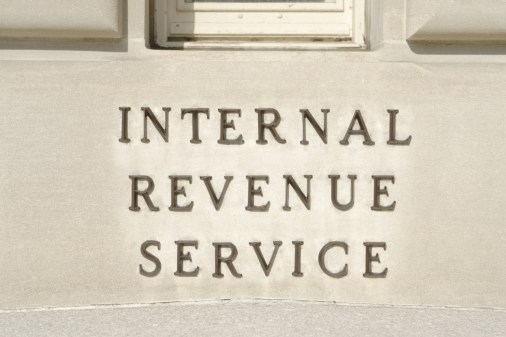A federal judge in Virginia last week denied a request by Unisys Corp. to dismiss a lawsuit brought against the firm by a former employee who claims the company overcharged the government by millions of dollars on a major Army contract and then fired him when he demanded the wrongdoing be reported to the Defense Department inspector general.
Michael Saunders, a former partner at Unisys federal systems division, says the company terminated him for not cooperating in a $13 million overbilling scheme related to a task order on the Army’s Joint Automated Identification Technology program. Saunders filed suit under the Fair Claims Act, including one claim for the fraudulent overbilling and one alleging retaliation. Last October, Unisys asked the court to dismiss the complaint, arguing the company had self-disclosed the billing problems before Saunders was hired and that he was simply recycling the charges for personal financial gain.
But U.S. District Judge Gerald Bruce Lee on March 21 denied Unisys’ motion. According to Lee, the reports made by Unisys to DOD’s inspector general were not made public, did not reveal allegations of fraud, and therefore did not meet the FCA’s public disclosure bar, which protects against copycat lawsuits based on public information. Lee also ruled Saunders has “sufficiently alleged a retaliation claim under the FCA.”
Max Maccoby of Butzel Long PC, an attorney for Saunders, told FedScoop that Saunders “simply wants the right thing to be done and the just thing to be done” in this case. He described Saunders as a 20-year veteran of the U.S. Air Force who had been employed for 20 years with Booz Allen Hamilton prior to joining Unisys in July 2008.
A spokesman for Unisys said in an email to FedScoop the company “is disappointed by the ruling,” but not surprised because motions to dismiss in such cases are rarely granted.
“We believe the lawsuit has no merit, and Unisys will vigorously defend itself against these wrongful allegations,” the spokesperson said, adding that the court has not made any rulings related to the facts of the case.
During the summer of 2010, Unisys became aware of an internal complaint by an anonymous whistle-blower alleging the company was improperly charging the Army under Task Order 122, which included contracts for installing, supporting and monitoring the Army’s worldwide radio frequency identification network, from February 2008 to May 2010.
The company launched an internal investigation and concluded that while “inappropriate time charging had occurred” the government had not been overcharged.
According to court documents, Unisys took several corrective measures, including issuing new time-charging instructions and providing ethics training to employees. The company also fired project manager Jim Hayes and deputy project manager Doug Herr, according to the documents.
Saunders alleges senior managers at Unisys directed the use of a fraudulent formula to bill the Army for a time and materials contract that allowed the company to overcharge by more than $13 million. Unisys claims Saunders was never part of the investigation into the alleged overbilling and filed his complaint more than a year after the company self-reported the problems to DOD’s IG.


